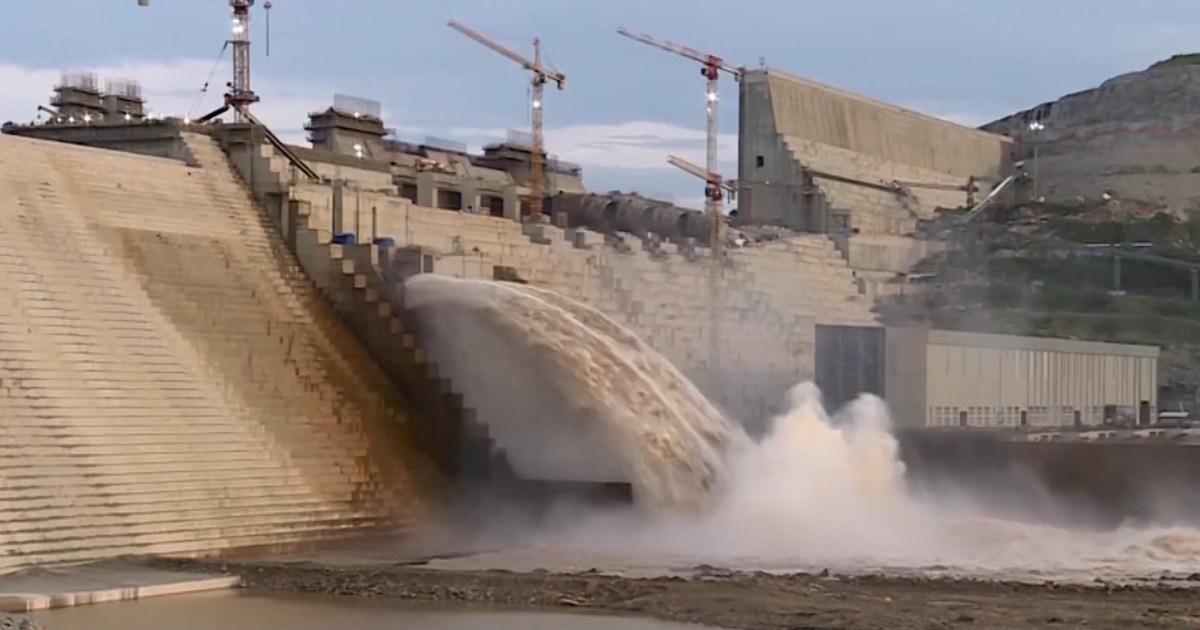The Sudanese government confirmed that it does not oppose the construction of the Renaissance Dam, but it rejects Ethiopia's unilateral, unthoughtful steps, and warned of catastrophic effects if Addis Ababa takes a new step to mobilize the dam.
Sudanese Prime Minister Abdullah Hamdok said - while receiving Rose Marie DiCarlo, Under-Secretary-General for Political Affairs and Peacekeeping Missions - that Sudan does not oppose the construction of the Renaissance Dam in principle, but it sticks to its position opposing Ethiopia's unilateral, ill-considered steps.
Hamdok added that Sudan is looking forward to concluding a binding legal agreement before taking any step.
In a related context, Hamdok said that Sudan can play a role in bringing peace to Eritrea, South Sudan and Ethiopia, especially the Tigray region.
For her part, DiCarlo said that the United Nations Environment Program will provide technical support regarding the Renaissance Dam.
She expressed the keenness of the international organization to integrate and disarm the Sudanese militants returning from Libya.
catastrophic effects
In turn, Sudanese Irrigation Minister Yasser Abbas said - in a press conference - that Addis Ababa's taking a new step to mobilize the Renaissance Dam will have disastrous effects.
Abbas stressed that his country will not be able to operate the Roseires Dam, unless there is an exchange of information with Ethiopia and an agreement on the Renaissance Dam.
Abbas stressed what he called Sudan's insistence on changing the negotiation methodology led by the African Union, by transforming the role of observers into mediators, with the addition of the United Nations, with the aim of ensuring the seriousness of the negotiations, as he put it.
On the other hand, Ethiopian Foreign Minister Demeke Mekonnen stressed that politicizing and internationalizing the Renaissance Dam negotiations is unnecessary, and obstructs the negotiation process.
On the other hand, the Egyptian Minister of Irrigation, Mohamed Abdel-Aty, stressed to continue raising the state of alert and the degree of readiness, to manage the water system with the highest degree of efficiency, to provide the necessary water needs for all sectors.

